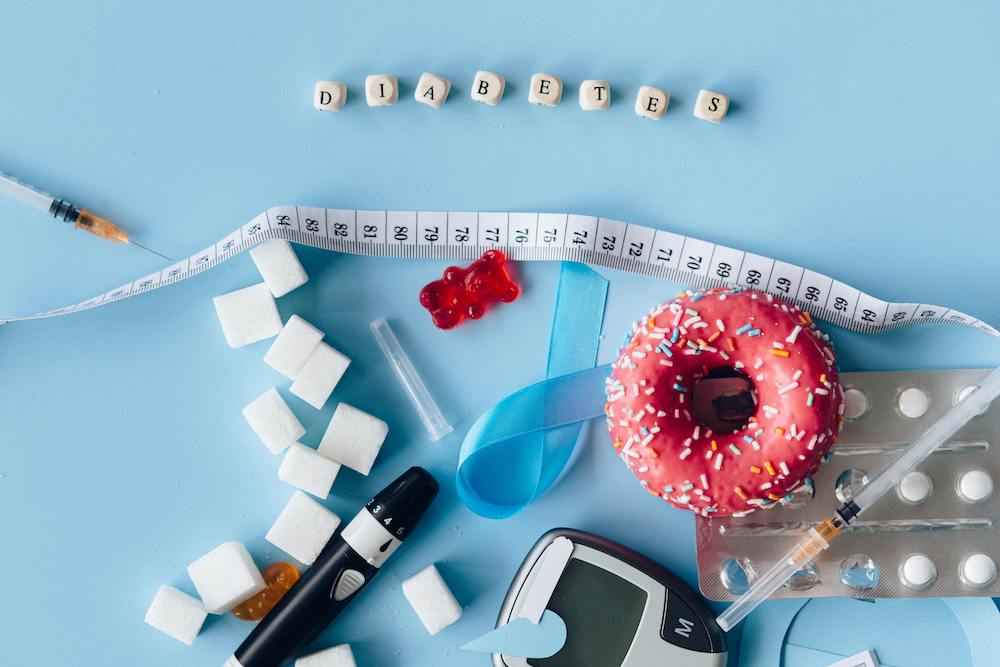Posted at 11:29h
in
Medical Concerns
Pregnancy is an extraordinary journey filled with excitement and anticipation. As you prepare to welcome your baby, it's important to consider the role that your family's health history plays in shaping your baby's future.
While you may be wondering about inherited physical traits like eye color...
Posted at 11:17h
in
Adoption,
Breastfeeding
November 18 is National Adoption Day, a time to celebrate the children and parents brought together by faith, hope and love.
As a non-biological mother, you may be wondering if it’s possible for you to breastfeed your adopted baby. The short answer is: Yes! Every woman’s body is different, but with education, support and dedication, producing breast milk to feed your adopted baby may be possible.
Posted at 11:01h
in
Gestational Diabetes
Gestational diabetes is a form of diabetes that occurs specifically during pregnancy. It’s characterized by high blood sugar levels that result from the body's inability to effectively use insulin, the hormone responsible for regulating blood sugar. This condition typically develops in the second half of pregnancy, as the placenta produces hormones that can interfere with insulin function.
As an informed parent, you can prevent generational chronic disease and create a healthier future for your family. Start by making small changes today that prioritize healthy eating, regular physical activity, and stress management. Seek support and resources to empower your family's health journey.
October is Intimate Partner Violence Awareness month; a time to raise awareness about the scope and devastating effects of Intimate Partner Violence (IPV). You might be surprised to learn that IPV isn’t only physical violence. And also, that every year, 324,000 pregnant women are abused in the United States. That is an astonishing number!
Posted at 14:39h
in
Baby,
Newborn Health
Every year in the U.S., about 3,500 babies die from Sudden Unexpected Infant Death (SUID). All of these tragic deaths are unexpected, while many are accidental from unintended injury or accident.¹
Posted at 14:09h
in
Miscarriage
Did you know that infant loss as a result of miscarriage is fairly common? About 10% of known pregnancies end in miscarriage. Most of these occur before 10 weeks.
Posted at 09:32h
in
Breastfeeding,
Cancer
October is Breast Cancer Awareness month, a time to highlight the importance of breast cancer screening and prevention. Breast cancer is a difficult journey that affects many aspects of a woman's life, including motherhood. For mothers who are diagnosed with breast cancer while breastfeeding, the decision to continue breastfeeding can be complex and emotionally charged. You may also wonder if breastfeeding is possible after surviving breast cancer.
Posted at 08:36h
in
Newborn Health
Newborn screening tests detect genetic, endocrine and metabolic disorders - conditions that can cause severe intellectual and developmental disabilities, or even death, if not treated early. Screening babies before symptoms appear gives them a chance for early care and a healthy future.
September is Newborn Screening Awareness month and the perfect time to talk about newborn screening; what it is and how it’s done.
Posted at 12:02h
in
Health,
Pregnancy
September 12-18 is Folic Acid Awareness Week with the National Birth Defects Prevention Network.
Did you know that all women of reproductive age should be taking 400 mcg of folic acid every day?¹ This is because many women are nutrient deficient in folic acid, which is a B vitamin. When women who are deficient in this vitamin become pregnant, their babies are at risk for neural tube defects.













